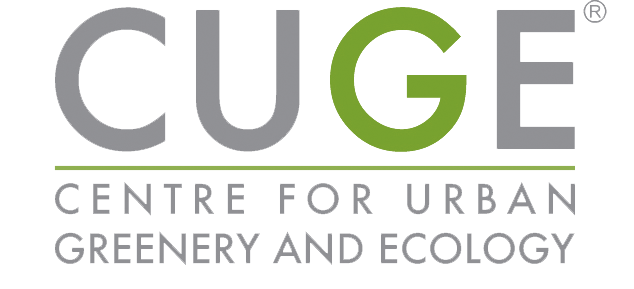Vertical 5 – City in Nature (CoT R&D Programme)
Overview
As one of the five pillars under the Singapore Green Plan 2030, the “City in Nature” vision aims to further restore and integrate nature into Singapore’s urban fabric, so as to strengthen our distinctiveness as a highly liveable city, while mitigating the impacts of urbanisation and adapting to climate change. This ongoing transformation into a “City in Nature” seeks to conserve and extend Singapore’s natural capital island-wide, through the following four key strategies: 1) expanding our nature park network; 2) intensifying nature in gardens and parks; 3) restoring nature into the urban landscape, and; 4) strengthening ecological connectivity between green spaces.
To provide a scientific foundation to support these transformative efforts, the Cities of Tomorrow R&D Programme (CoT) has set up a new City in Nature research vertical (CoT V5) under RIE2025. This new research vertical will build upon existing R&D efforts in greenery and biodiversity, such as those under RIE2020, to strengthen our ecological and climate resilience, and will also seek to inform nature-based solutions1 for social resilience.
Led by NParks, CoT V5 has been allocated $17.9M in research funding under NRF’s Urban Solutions and Sustainability domain. As addressing the complex challenges involved in transforming Singapore into a City in Nature will require perspectives from a wide range of disciplines, research efforts under CoT V5 will seek to harness scientific expertise, technical capabilities, and practitioner experience that reside across various local research institutes, agencies, and companies, as coordinated by NParks.
Broadly, CoT V5 aims to enhance:
- Climate resilience by improving ecosystem capacity to adapt and respond to disturbances brought about by climate change (e.g., increased urban heat island effects, inland flooding due to extreme rainfall events) using nature based solutions.
- Ecological resilience by adopting an evidence-based approach to plan, design and monitor biodiversity conservation outcomes more effectively.
- Social resilience by gaining a better understanding of how dimensions and detailing of landscape elements affect mental and physical health (e.g., psychological response, cognitive performance), which allows more effective planning and design of public spaces towards enhanced health outcomes and social cohesion.
Key Research Themes
R&D efforts under Vertical 5 – City in Nature will be centered around key focus areas such as:
- Safe, productive, and multi-functional urban greenery – Develop solutions to improve urban greenery operations and management, and its integration with the built environment.
- Biodiversity monitoring to improve adaptive management of urban biodiversity – Develop tools and techniques to improve the efficiency of biodiversity monitoring, so as to enhance the conservation and management of native flora and fauna.
- Managing human-nature relationships – Improve our understanding of human-nature relationships, so as to inform policies and solutions that further enhance the physical and mental well-being benefits of urban nature.
- Nature-based solutions for inland climate change and adaptation – Investigate climate-related ecosystem services and biodiversity to inform the planning and design of blue-green infrastructure and multi-functional landscapes, as nature-based solutions to strengthen resilience against climate change.
Grant Calls
Grant calls will be launched via NRF’s Integrated Grant Management System (IGMS).
The CoT V5 1st Grant Call was launched on 6 February 2023. More details on the 1st grant call can be found here.
The CoT V5 2nd Grant Call was launched on 26 October 2023. More details on the 2nd grant call can be found here.
The CoT V5 3rd Grant Call was launched on 28 March 2024. More details on the 3rd grant call can be found here.
The CoT V5 4th Grant Call has been launched on 3 January 2025. More details on the 4th grant call can be found here.
Awarded Projects
| S/N | Project Title | Host Institution | Duration | R&D Theme | Project Synopsis |
|---|---|---|---|---|---|
| 1 | Comparison of litterfall nutrient cycling between forests and urban green spaces in Singapore | NTU |
3 years (2024 - 2027) |
Nature-based solutions for inland climate change adaptation | This project seeks to assess the return of nutrients – specifically, carbon, nitrogen, phosphorous and potassium – from leaves fallen from trees across natural and managed green spaces in Singapore. It will develop a protocol for long-term monitoring of nutrient dynamics and collect the evidence for the evaluation and refinement of urban greening and forest restoration strategies for enhanced nutrient control and carbon sequestration. |
Contact Us
For enquiries, please contact us at CoTV5@nparks.gov.sg
[1] Nature-based solutions are design solutions that are inspired and supported by nature, which are cost-effective, simultaneously provide environmental, social and economic benefits and help build resilience
